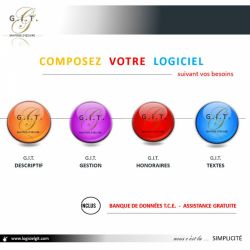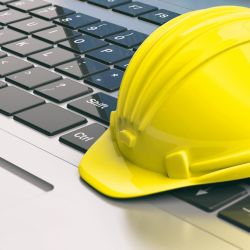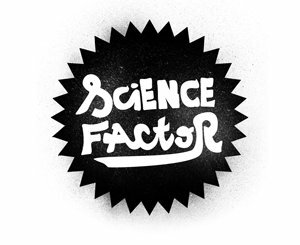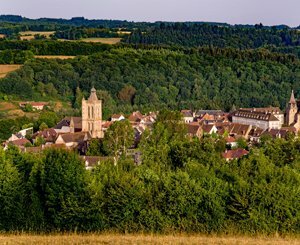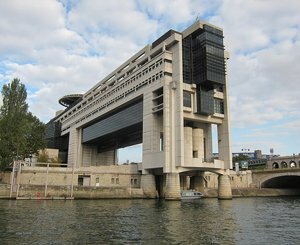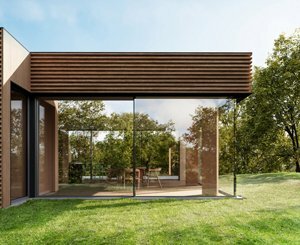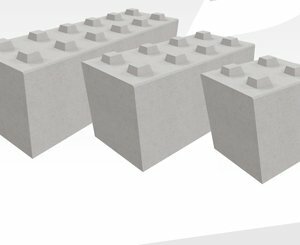“Historic”, the training of 25.000 state executives in ecological transition would benefit from being less focused on global warming alone and more integrating biodiversity or resource management issues, estimates Friday March 3 the network of senior officials Ivy.
Selection of products
To read also
-
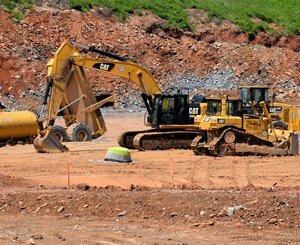 Fight against land artificialization: list of national or European projects of major general interest
Fight against land artificialization: list of national or European projects of major general interest
-
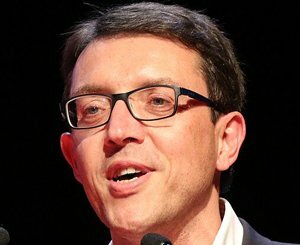 Christophe Clergeau calls for a vote from the European Parliament to counter the setback on the greening of the CAP
Christophe Clergeau calls for a vote from the European Parliament to counter the setback on the greening of the CAP
-
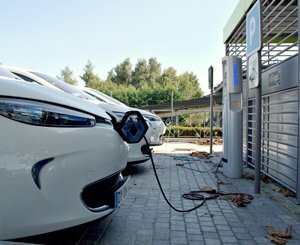 Bump and Banque des Territoires invest in 10.000 charging stations for electric cars
Bump and Banque des Territoires invest in 10.000 charging stations for electric cars
-
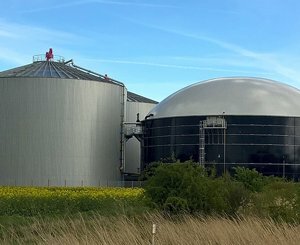 The decarbonization of gas takes longer than for electricity, estimates the boss of Engie
The decarbonization of gas takes longer than for electricity, estimates the boss of Engie
Popular News
-
 Old property prices are still falling but a recovery is taking shape
Old property prices are still falling but a recovery is taking shape
-
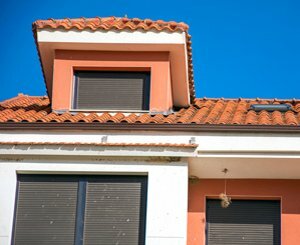 A report on anticipating the effects of +4°C warming reaffirms the need for housing adaptation
A report on anticipating the effects of +4°C warming reaffirms the need for housing adaptation
-
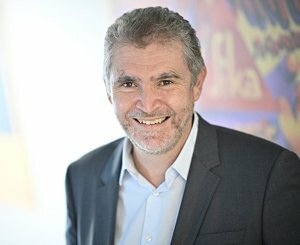 Laurent Galloux, new director of Sika France
Laurent Galloux, new director of Sika France
-
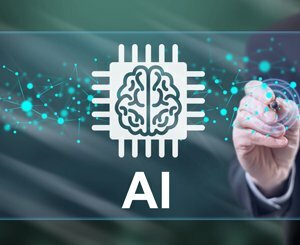 AI is already revolutionizing businesses in architecture, engineering, construction... according to Autodesk's "State of Design & Make" study
AI is already revolutionizing businesses in architecture, engineering, construction... according to Autodesk's "State of Design & Make" study


